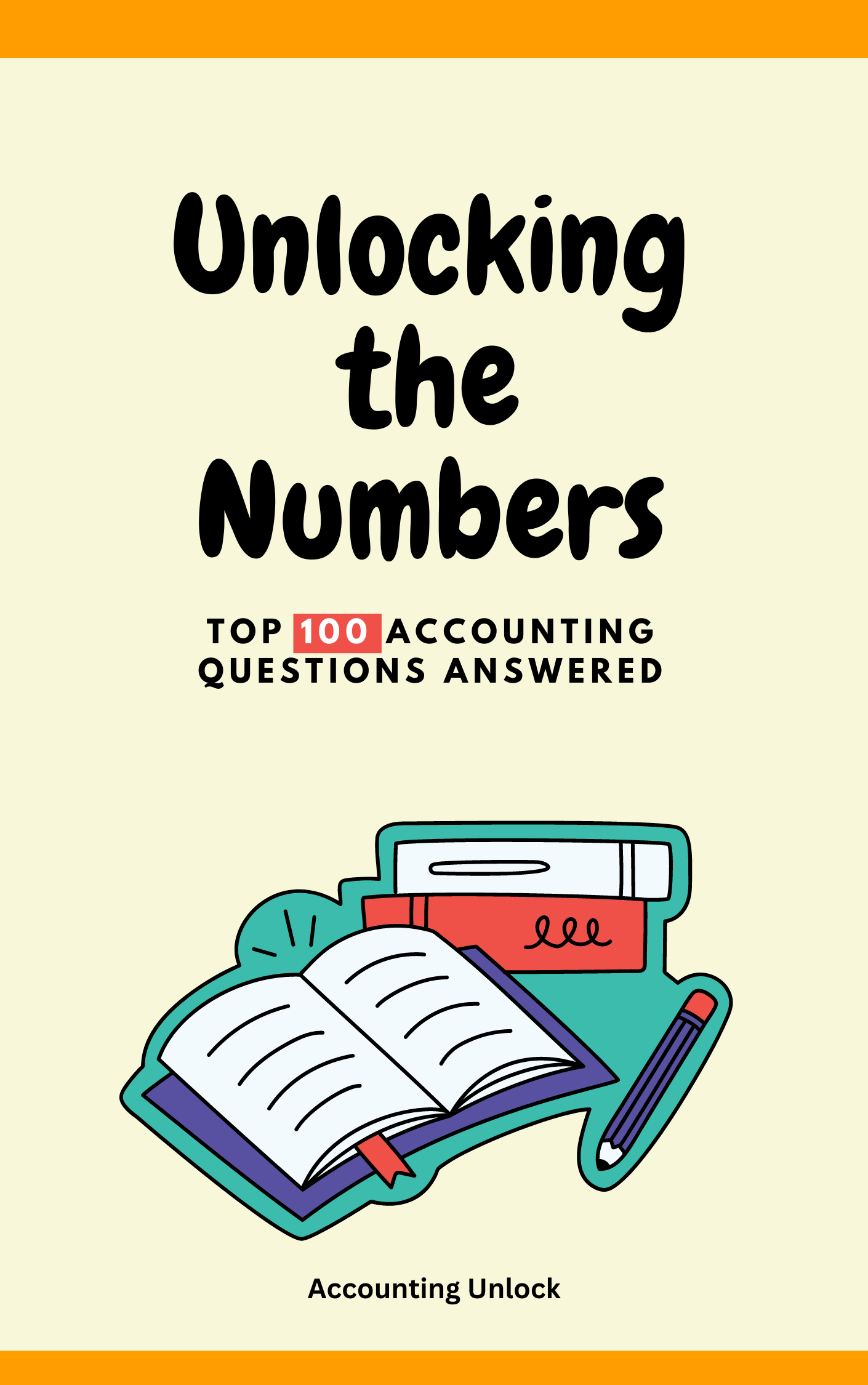Hey, future financial gurus! 🚀 Welcome back to the coolest corner of the internet where we break down the money game in a way that won’t make your brain do gymnastics.
Today, we’re talking about something that sounds a bit serious but is actually super exciting – “Accounting for the Gig Economy: Navigating the New Frontier.”
Have you ever wondered what it would be like to work as a freelancer, a contractor, or a gig worker? Maybe you have a passion for graphic design, photography, or writing, and you want to turn it into a source of income. Or maybe you just want to have more flexibility and control over your schedule, location, and projects. If so, you might be interested in joining the gig economy.
Table of Contents
Gig Economy 101: It’s Not Just a Side Hustle
First things first, what in the world is the gig economy? Imagine a world where you’re not stuck in a 9-to-5 job wearing a tie that feels like a snake constricting your creativity. Enter the gig economy – a magical realm where you can be your own boss, set your own hours, and rock your fuzzy slippers to virtual meetings.
The gig economy is a term that describes the growing trend of people working on short-term or temporary jobs, rather than having a fixed or permanent employment.
According to a report by McKinsey, about 20 to 30 percent of the working-age population in the US and Europe are engaged in some form of independent work.

And this number is expected to increase in the future, as technology and globalization create more opportunities and challenges for workers and employers.
But before you jump into the gig economy, there are some things you need to know, especially when it comes to accounting.
Accounting is the process of recording, analyzing, and reporting financial transactions and information. It is essential for any business, big or small, to keep track of its income and expenses, taxes and liabilities, assets and debts, and so on. Accounting helps you measure your performance, plan your budget, and comply with the law.
However, accounting for the gig economy is not the same as accounting for a regular job. There are some unique aspects and challenges that you need to consider and prepare for.
In this blog post, we will explore some of the key differences and tips for accounting for the gig economy.
Let’s get started!
Difference #1: Income and Expenses
One of the main differences between accounting for the gig economy and accounting for a regular job is how you record and report your income and expenses.

When you have a regular job, you usually receive a fixed salary or wage from your employer, and you may also get some benefits, such as health insurance, retirement plan, or paid leave. Your employer also takes care of withholding and paying taxes on your behalf, and you receive a form W-2 at the end of the year that summarizes your earnings and deductions.
When you work in the gig economy, however, you are considered self-employed, and you are responsible for managing your own income and expenses.
You may have multiple sources of income from different clients or platforms, and you may also incur various expenses related to your work, such as equipment, software, travel, or marketing.
You need to keep track of all your income and expenses, and report them on a form 1099-NEC or 1099-K at the end of the year, depending on how you receive your payments.
You also need to pay taxes on your net income, which is your income minus your expenses, and you may need to make quarterly estimated tax payments throughout the year.
To make accounting for your income and expenses easier, here are some tips:
- Use a separate bank account and credit card for your business transactions, and avoid mixing them with your personal ones. This will help you keep track of your cash flow and avoid confusion and errors.
- Use a software or app that can help you record, categorize, and organize your income and expenses, such as QuickBooks, FreshBooks, or Wave. These tools can also help you generate reports, invoices, and receipts, and integrate with other platforms, such as PayPal, Stripe, or Shopify.
- Save all your receipts and invoices, either digitally or physically, and store them in a safe and accessible place. You may need them as proof of your transactions, especially if you get audited by the IRS.
- Deduct all your allowable business expenses, such as home office, internet, phone, mileage, supplies, etc. These expenses can reduce your taxable income and save you money. However, make sure you follow the IRS rules and guidelines for deducting business expenses, and only claim the ones that are ordinary and necessary for your work.
Difference #2: Legal Structure and Liability
Another difference between accounting for the gig economy and accounting for a regular job is how you choose and register your legal structure and liability.

When you have a regular job, you are usually an employee of a company, and you are protected by the company’s legal entity, such as a corporation, a partnership, or a limited liability company (LLC).
The company’s legal entity determines how the company is taxed, how it raises funds, how it distributes profits, and how it protects its owners and employees from lawsuits and debts.
When you work in the gig economy, however, you are usually a sole proprietor, which is the simplest and most common legal structure for self-employed individuals.
A sole proprietorship is not a separate legal entity, but rather an extension of yourself. This means that you are the only owner and operator of your business, and you have full control and responsibility over it. You report your business income and expenses on your personal tax return, and you pay taxes on your net income at your individual tax rate.
You also have unlimited liability, which means that you are personally liable for any debts or damages that your business may incur.
To make accounting for your legal structure and liability easier, here are some tips:
- Consider forming a different legal entity, such as an LLC, a corporation, or a partnership, if you want to separate your personal and business assets and liabilities, or if you want to take advantage of different tax benefits or opportunities. However, be aware that forming a different legal entity may also involve more costs, paperwork, and regulations, so you need to weigh the pros and cons carefully.
- Register your business name, if you use a name other than your own, with your state and local authorities. This will help you establish your brand identity, protect your business name from being used by others, and comply with the law.
- Obtain any licenses, permits, or certifications that are required for your type of work or industry, such as a business license, a professional license, or a sales tax permit. This will help you operate your business legally, avoid fines and penalties, and build trust and credibility with your clients and customers.
- Get adequate insurance coverage for your business, such as general liability, professional liability, or property insurance. This will help you protect yourself and your business from potential risks, losses, or lawsuits that may arise from your work.
Difference #3: Accounting Method and Period
A third difference between accounting for the gig economy and accounting for a regular job is how you choose and apply your accounting method and period. When you have a regular job, you usually follow the accounting method and period of your employer, which is typically the accrual method and the calendar year.

The accrual method is an accounting method that records revenues and expenses when they are earned or incurred, regardless of when cash is exchanged.
The calendar year is an accounting period that starts on January 1 and ends on December 31 of each year.
When you work in the gig economy, however, you have more flexibility and options in choosing and applying your accounting method and period.
You can choose between the accrual method or the cash method, which is an accounting method that records revenues and expenses when cash is received or paid. You can also choose between the calendar year or a fiscal year, which is an accounting period that starts and ends on any dates other than January 1 and December 31.
Your choice of accounting method and period may affect how you report your income and expenses, how you pay your taxes, and how you compare your performance.
To make accounting for your accounting method and period easier, here are some tips:
- Choose the accounting method and period that best suits your business needs and preferences. For example, if you have a lot of cash transactions and you want to simplify your accounting, you may prefer the cash method and the calendar year. If you have a lot of credit transactions and you want to match your revenues and expenses more accurately, you may prefer the accrual method and a fiscal year.
- Be consistent and follow the same accounting method and period throughout the year and from year to year, unless you have a valid reason to change them. Changing your accounting method and period may require you to adjust your records, restate your financial statements, and obtain approval from the IRS.
- Keep track of your accounting method and period, and make sure you report your income and expenses accordingly. For example, if you use the cash method and the calendar year, you need to report your income and expenses in the year that you receive or pay cash, and you need to file your tax return by April 15 of the following year.
Closing Thoughts: Be the CEO of Your Life
In the gig economy, you’re not just an artist or a tech genius – you’re the CEO of your own business. So, don that imaginary CEO hat, embrace the financial adventure, and make those money moves like a boss.
Accounting for the gig economy can be challenging, but it can also be rewarding. By understanding and applying the key differences and tips for accounting for the gig economy, you can manage your finances more effectively, optimize your tax situation, and grow your business successfully.
Remember, accounting is not only a requirement, but also a tool that can help you achieve your goals and dreams.
We hope you enjoyed this blog post and learned something new and useful. If you have any questions, comments, or feedback, please feel free to share them with us.
We would love to hear from you and help you with your accounting needs. Thank you for reading and happy gigging!
You can also read:






